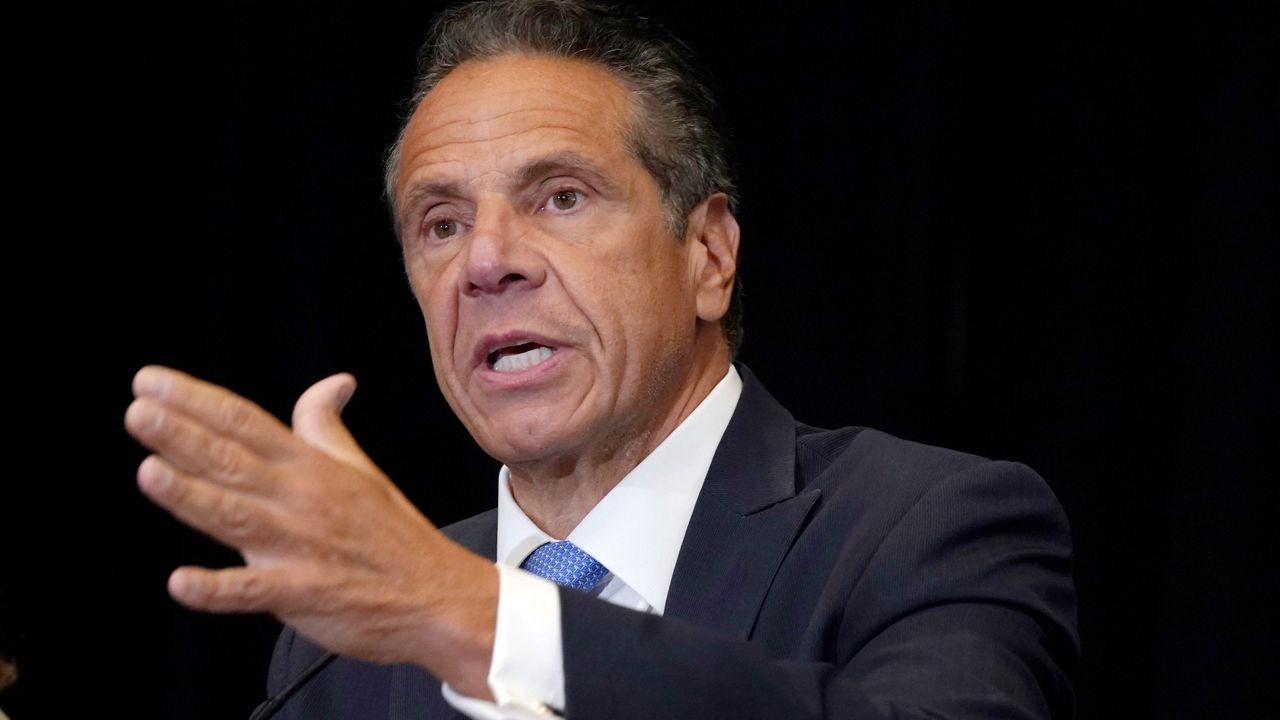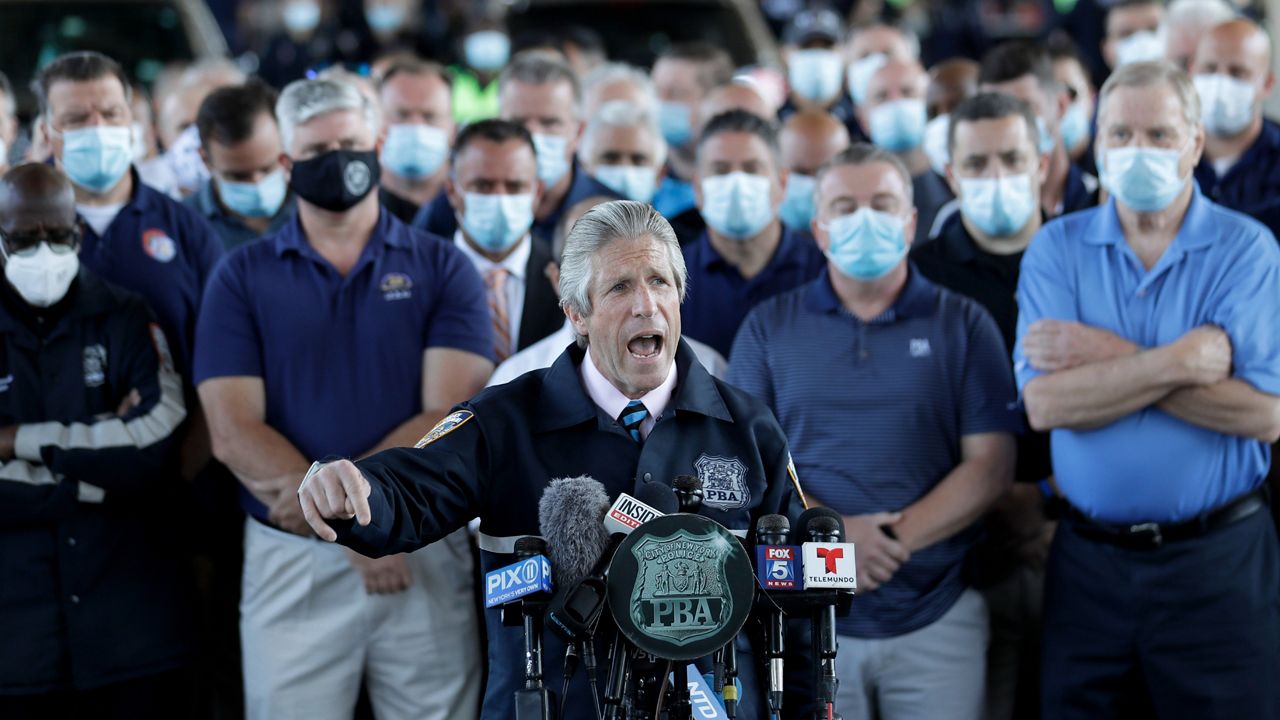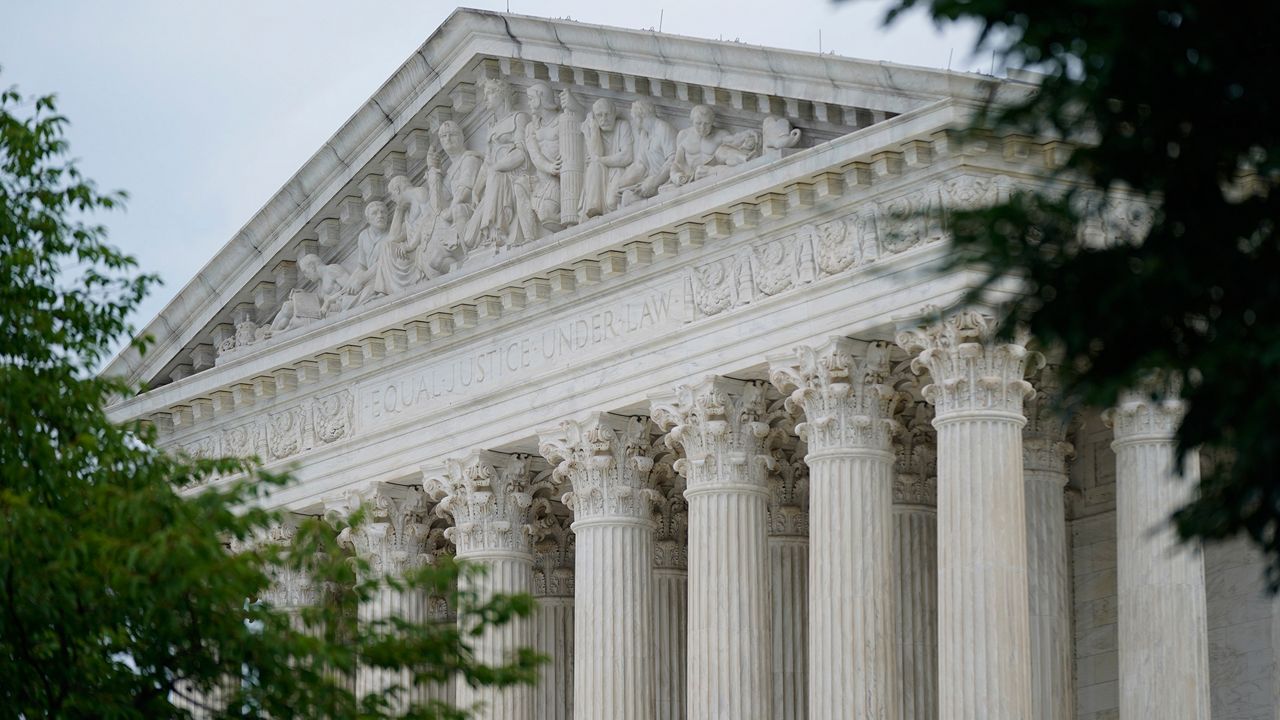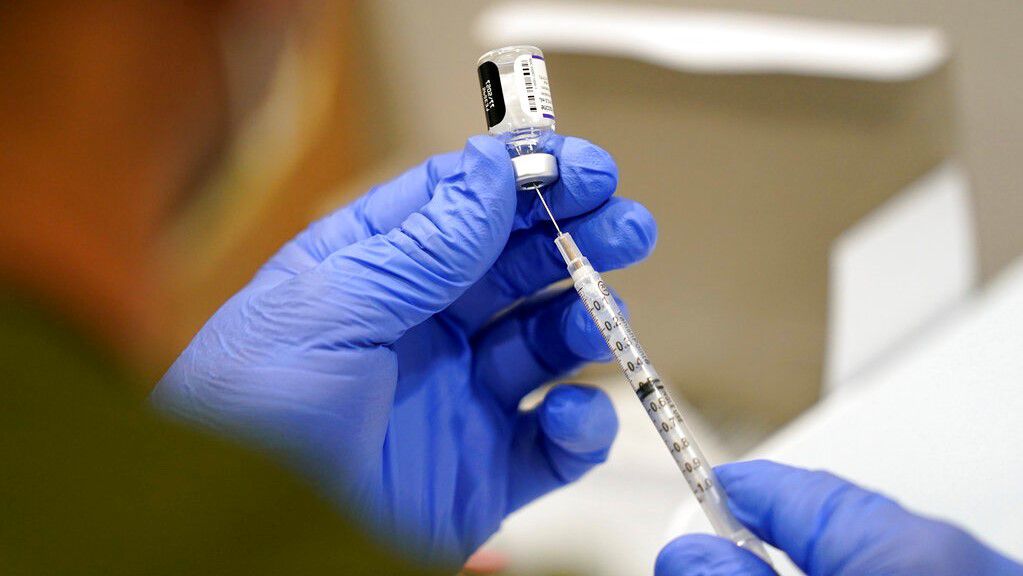After not showing much interest in the state’s Financial Control Board during his first two terms, Gov. Andrew Cuomo quietly nominated three close associates to fill vacancies on the seven-member board.
Former Secretary to the Governor Steve Cohen, former City Comptroller Bill Thompson, and current Secretary of State Rossana Rosado were all confirmed by the state Senate last week.
What You Need To Know
- Cuomo has appointed three close allies to the Financial Control Board
- Control board controlled NYC finances during 1970s fiscal crisis, could do so with COVID-19 crisis
- Cuomo said point-blank Monday he is looking scrutinize city’s fiscal outlook
- De Blasio had asked Albany to authorize billions of dollars in borrowing to meet operating expenses
“These are three people much closer to the governor, much more directly answerable to him,” said EJ McMahon of the Empire Center. “And it suggests that the governor, for the first time since taking office almost ten years ago, actually is taking an interest in the Financial Control Board. So, that is interesting.”
The state-dominated Financial Control Board has the legal power to control the finances of New York City. It was created during the city’s fiscal crisis in the 1970s and closely monitored the city’s finances for close to ten years. The board can be empowered to greatly limit the city’s ability to make its own fiscal decisions.
A huge economic impact from the COVID-19 crisis, including a loss of revenue to the city, has likely blown a huge hole in the city’s budget.
We asked Cuomo if he feels like the board will be empowered to take a more active role in governing the city’s financial outlook going forward. His answer was quite candid:
“Is there more scrutiny? Yes. The financial situation for New York City and these other governments is more precarious than it has been. And that’s going to require more scrutiny, more analysis, than it has in years. And putting the right people on the Financial Control Board is now vitally important,” Cuomo said on a conference call with reporters.
Last month, Mayor Bill de Blasio asked the state legislature to authorize billions of dollars in borrowing to meet basic operating expenses. He was rebuffed by Cuomo and the Senate.
The mayor and City Comptroller Scott Stringer are board members, as well as State Comptroller Tom DiNapoli. The governor serves as its chairman.
Bringing in the board’s oversight could end up becoming part of a compromise to help the city.
“This crisis is not a one-year crisis, right? And we want to make sure, as the governor points out, that they are making the correct decisions. Because if you don’t, the state ends up having to pay for it,” New York State Budget Director Robert Mujica said in a phone interview. “And when it’s the state, all of the citizens of the entire state end up having to bail the city out.”
In his "Mondays with the Mayor" segment on Inside City Hall, de Blasio downplayed any concerns he might have about the governor's new appointments and the board's role in the city's finances.
“If you’re taking about the 1970s and 80s, yeah, the Financial Control Board played a very, very active role in the city’s finances, but that hasn’t been true for many years because the city of New York has been so fiscally responsible and so strong for so many years that we are the economic engine for New York state,” the mayor said.
For weeks, state and city leaders have been holding out hope that Congress would provide aid that could fill any looming budget gaps as part of the next COVID-19 stimulus package. While a package could get done soon, Republicans object to providing that money for hard-hit blue states like New York. That could mean the next step is to activate the Financial Control Board and allow the city to borrow money.
------
Main image: Jacquelyn Martin/AP.









